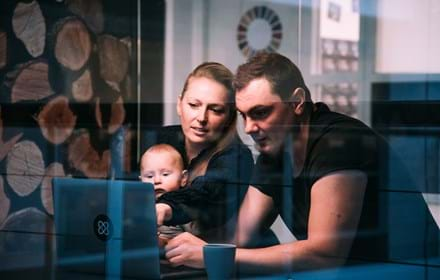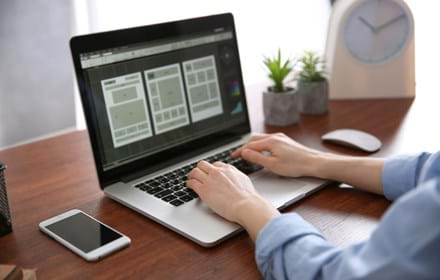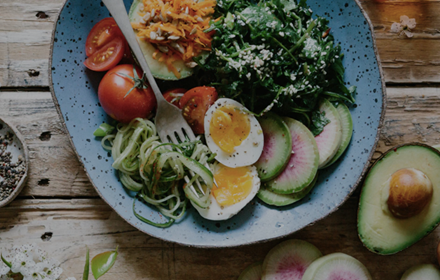
I won’t let my diabetes stop me diving.
By Laura Hepburn, Type 1 Diabetes
Laura Hepburn was a college student when she was diagnosed with type 1 diabetes, an event which she believed would end her dreams of becoming a professional Oceanologist. In this story, Laura discusses her experiences living as a young person with type 1 diabetes, as well as the challenges she has overcome since her diagnosis.
When I was 13 years old, I learned to scuba dive. It was pretty much the first thing in my life that I ever felt I was any good at, which sounds strange because it’s not a competitive sport, but it does take a certain teenage mindset to wake up eagerly at 6am on a Sunday morning, carry more than 30kg worth of kit on your back, plunge yourself into cold, murky, British water, and spend the next hour barely being able to see your hands in front of your face.
The diving bug soon led me to pursue a career in oceanography (marine science) as I passionately wanted to spend my life working at sea and diving for marine research and conservation.
Fast forward four years to my first year at college and an unusually warm spring - a heatwave in fact. I had been guzzling water and noticed that I was getting really tired. With lots of coursework, exams, evenings out with friends, a weekend job and the ongoing heat I didn’t think much of it; until one evening I left college to catch the bus and the next thing I remember was my mum feeding me orange juice on the doorstep to our house. To this day I still don’t remember getting off the bus and walking home - this was my first hypo (or hypoglycaemic episode - low blood sugar).
Mum’s diagnosis (supported by my significant, recent weight loss) was quickly confirmed by my GP, and that evening I was sat in a hospital bed being shown how to test my blood glucose levels and take my insulin injections. The nurses were all impressed with the way that I seemed to take the diagnosis in my stride, but I had learned a lot about diabetes at college and knew that if I wanted to live, I was just going to have to get on with it.

I knew that I would have to inform my dive club about my new condition, so I phoned my diving instructor the next day to book an appointment; I couldn’t bear the thought of being out of the water for a few weeks. They told me that you couldn’t scuba dive with type 1 diabetes and that I would have to find a new hobby. What she didn’t realise was that she had also just informed me that I also needed a new dream, a new ambition, a new career, and that all the work I had put in until that point had been for nothing. That was my breaking point and, to this day, remains my worst diabetes-related experience. Neither waking to sweat-drenched bedsheets with a hypo at 3am, nor personality shifting, hulk-making hypers (or hyperglycaemia - high blood sugar levels) ever made me feel worse than I felt at that very moment.
Since then, I have faced a number of other challenges with my diabetes: from convincing Brazilian customs agents that the hypodermic needles and cool-packs I was carrying were, in fact, not illegal drugs but essential medication (eventually overcome by translating my doctor’s note into Spanish); to dealing with a colleague that announced in front of a roomful of people that they think it is disgusting that I do my blood test and insulin at the table as it evidently makes people feel uncomfortable.
From my experiences I have learned that regular exercise (even just a walk/cycle to work and back each day), a continued diabetes education (carb-counting courses have been particularly useful), a great support team of specialist nurses, consultants, and dietitians (who you should never feel afraid to contact), and a strong belief that you can do just as much as anyone else (though you may have to take a slightly different route) has helped me to achieve everything I have so far set my mind to, despite living with type 1 diabetes. Oh, and by the way... I’ve just completed a PhD in Oceanography, where I spent six months at sea searching for hydrothermal vents in the Southern (Antarctic) Ocean.


